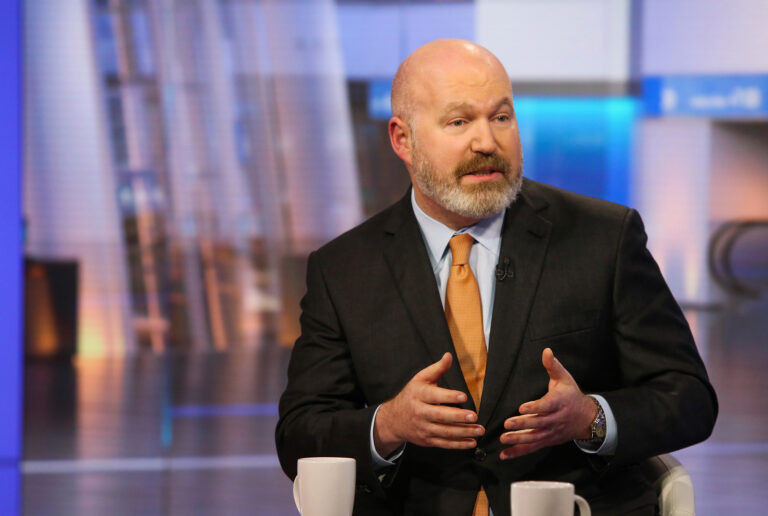Ultra High Net Worth Advisors: Biography, Career, Education & More…
So you’re a billionaire and can’t decide between buying a small island or a private jet? Don’t worry, that’s where Ultra High Net Worth Advisors come in. They’re the financial wizards who’ll guide you through the maze of the super-rich lifestyle. They’re not just about helping you manage your wealth, they’re about growing it. You’ll rely on them to navigate complex financial landscapes, make intelligent investment decisions, and ensure that generational wealth transfer is smooth. They’re an essential ally in maintaining, and increasing, your ultra-high net worth.
Ultra High Advisors net worth Growth

In your journey to increase your ultra-high net worth, advisors play a critical role in orchestrating growth strategies. They’re equipped with the knowledge and experience required to navigate the complexities of wealth accumulation. They’ll guide you, keeping your financial goals in focus, and crafting bespoke strategies that amplify your assets.
Think of them as conductors, managing a symphony of investments, tax planning, and risk management, aiming for a harmonious growth in your wealth. They’re not just about making you wealthier; they’re about ensuring that your wealth works for you. They’ll analyze markets, anticipate trends and leverage opportunities, all while mitigating risks.
Ultra High Advisors Biography
Understanding the backgrounds of ultra-high net worth advisors is essential in choosing the right ally for your financial growth journey. These advisors usually have impressive bios, peppered with credentials from top-notch universities and years of experience in finance. They’ve typically honed their skills at well-respected firms before branching out to offer personalized wealth management. You’ll find they’ve got a knack for helping clients like you navigate complex financial terrains, thanks to an intimate knowledge of investment, tax planning and philanthropy. It’s not just their technical prowess that sets them apart, but also their commitment to understanding your unique needs. So, when choosing your advisor, remember to dig into their bio. It’s worth your time.
Ultra High Advisors Education

Your advisor’s educational background is crucial in their ability to handle your robust financial portfolio effectively. A bachelor’s degree in finance, economics, or a related field is a given. However, for managing ultra-high-net-worth portfolios, deeper financial knowledge is required. So, look for advisors who’ve pursued further studies like a Master’s in Finance, MBA, or specialized courses in wealth management.
In addition, certifications like Certified Financial Planner (CFP) or Chartered Financial Analyst (CFA) denote a higher level of competence. These rigorous programs involve extensive study and adherence to a code of ethics. They’re also required to pass comprehensive exams to prove their proficiency. So, remember, when choosing your advisor, their educational background and certifications aren’t just fancy titles – they’re a testament to their expertise and commitment.
Ultra High Advisors Career
With a career in ultra-high-net-worth advising, you’re not just managing finances, but also intricately navigating the complex world of wealth management. Your role goes beyond recommending investments. It’s about understanding the unique needs of the super-rich, their financial goals, and their tolerance for risk. You’re expected to be their confidante, their guide, and their advocate. You’ll work with other professionals like lawyers and accountants, coordinating efforts to get the best outcomes for your clients. The stakes are incredibly high, but so are the rewards. Being an ultra-high-net-worth advisor isn’t just a job, it’s a calling that requires dedication, skill, and a deep understanding of wealth. It’s not for everyone, but for those who are up for the challenge, it’s a truly rewarding career.
See Also: Javon Walton Net Worth
Ultra High Advisors Social Media Account

Navigating the realm of social media as an ultra-high-net-worth advisor, you’ll find it’s more than just a platform for sharing; it’s a powerful tool for connecting and engaging with your clientele. You can leverage platforms like LinkedIn, Twitter, or Instagram to share insights, showcase your expertise, and highlight successful client stories. This not only builds trust but also increases visibility amongst potential clients. It’s important you maintain a professional image, sticking to industry-related content and refraining from sharing too much personal information. Also, remember to monitor your accounts regularly, respond promptly to queries, and engage in meaningful conversations. It’s not just about being present on social media, but how you present yourself that counts.
Frequently Asked Questions
What Is the Average Fee Structure for Ultra High Net Worth Advisors?
You’re asking about the typical fee structure for a certain type of financial advisor. Well, it’s generally a percentage of the assets they manage for you. On average, you’ll find it’s around 1% to 2%. However, the fees can decrease for larger portfolios. Remember, it’s essential to clarify all costs upfront, as some advisors might also charge additional fees for specific services. Always ensure you’re getting your money’s worth.
How Do Ultra High Net Worth Advisors Ensure the Privacy and Security of Their Clients’ Assets?
In a world where privacy is as precious as gold, how do you ensure the safety of your assets? Advisors use state-of-the-art encryption and tight security protocols to safeguard your wealth. They’ll carry out regular security audits, implement two-factor authentication, and use secure communication channels. They’re as vigilant as hawks, keeping an eye on every move to protect your assets. You’re not just hiring their financial expertise, you’re buying peace of mind.
Are There Any Specific Legal or Regulatory Considerations That Ultra High Net Worth Advisors Need to Be Aware Of?
Yes, there are specific legal and regulatory considerations you need to be aware of. These include understanding various international tax laws, estate planning rules, and regulations around asset protection. You’ll also need to keep up with changes in these areas. Furthermore, you’ll have to abide by privacy laws and maintain the confidentiality of your clients’ information. So, it’s not just about managing wealth, but also navigating a complex legal landscape.
How Do Ultra High Net Worth Advisors Navigate Potential Conflicts of Interest With Their Clients?
As an advisor, you navigate potential conflicts of interest with clients by maintaining transparency and open communication. It’s crucial to disclose any potential conflicts upfront, ensuring they understand the situation. Stick to your fiduciary duties and always put the client’s interest first. Regularly review your practices to avoid any unintentional bias. Remember, trust is key in your relationship with clients and managing conflicts of interest well solidifies it.
What Kind of Additional Services Do Ultra High Net Worth Advisors Offer, Like Estate Planning or Tax Advice?
Just like a well-rounded toolbox, your financial advisor should offer a broad range of services. They’ll go beyond basic investment advice, delving into areas like estate planning, tax advice, and philanthropic giving. It’s not just about growing your wealth, but also preserving it and planning for the future. They’ll help you navigate complex tax systems, plan for your family’s future, and ensure your wealth makes a positive impact.
Conclusion
In the world of finance, Ultra High Net Worth Advisors are the lighthouses guiding the ships of wealth. They’ve climbed academic heights, sailed through their lucrative careers, and are now steering the course for high-net-worth individuals. They’re not just numbers wizards, they’re biographical books to be read, understood and followed. Take a peek into their lives on social media – you’ll find it’s not just about dollar signs, but a symphony of success.

Welcome to our blog! My name is Yuvraj Kore, and I am a blogger who has been exploring the world of blogging since 2017. It all started back in 2014 when I attended a digital marketing program at college and learned about the intriguing world of blogging.






